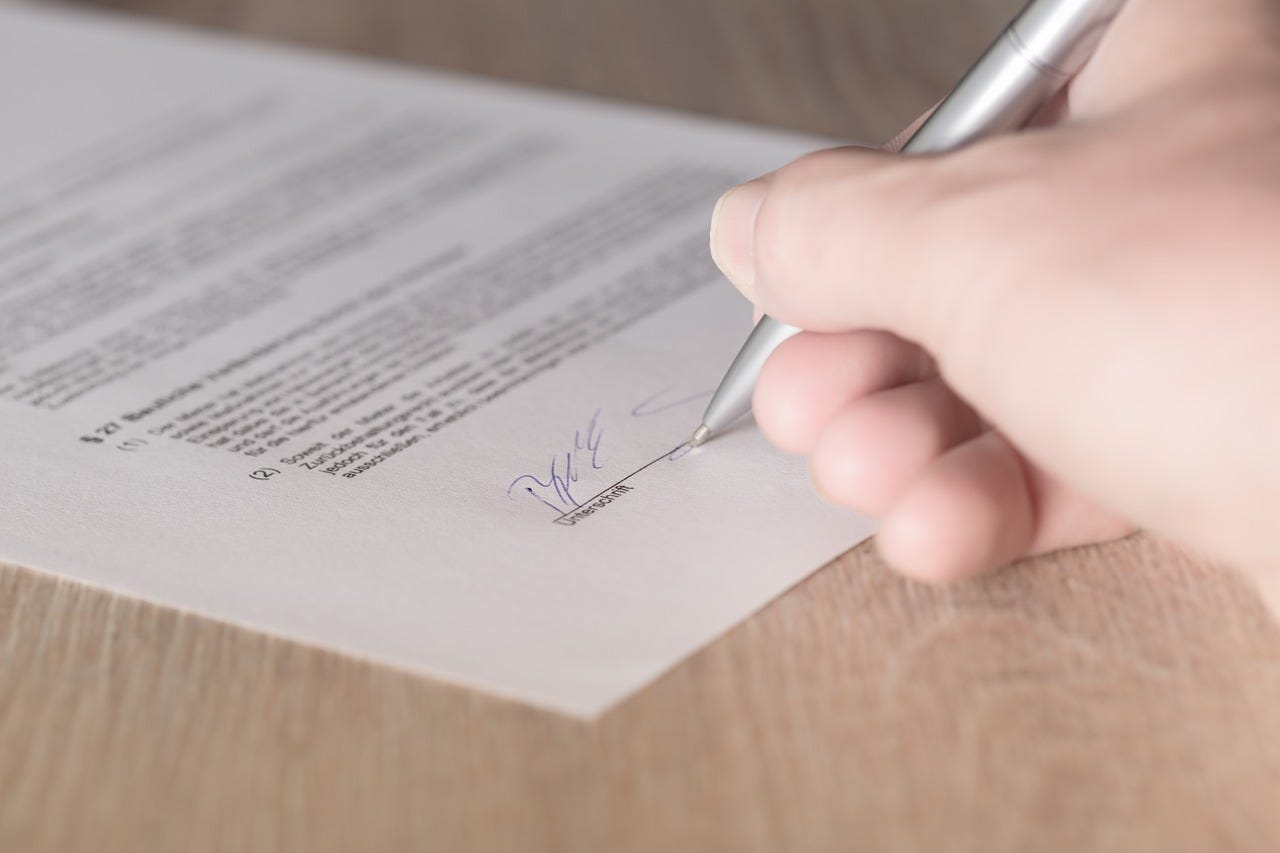Social media cannot be trusted without these features

Accountability algorithm
Fake news, fake images, and bot-generated content should be eliminated from social platforms. EXIF data on images could be checked and matched against news to ensure that old images are not captioned with misleading text.
Algorithms and AI big data can assess which content has been generated by humans or bots to eliminate false data and enable users to regain trust in social media.
Read also:How sites secretly collect your data - and how to stop it How to reduce the amount of information you send to Facebook | Facebook hoaxes shared by the scared | Facebook alternatives: Social apps you need to try
Selfie security
Although recognition technology can sometimes be fooled, its accuracy is improving. To avoid social media account takeovers, faceprints, which match images already uploaded to the platform by the user, will help to ensure user authenticity.
Facebook's DeepFace can recognize people in photos with 97-percent accuracy.
Read also:How sites secretly collect your data - and how to stop it How to reduce the amount of information you send to Facebook | Facebook hoaxes shared by the scared | Facebook alternatives: Social apps you need to try
Digital incrimination
Around a quarter of Americans own a wearable device that's connected to the cloud. Users are being continuously monitored and tracked by third parties.
Facebook even has permission to record audio using the on-board microphone on your mobile device. Users need granular controls to enable them to be vigilant in securing the data they don't want accessed.
Read also:How sites secretly collect your data - and how to stop it How to reduce the amount of information you send to Facebook | Facebook hoaxes shared by the scared | Facebook alternatives: Social apps you need to try
Encrypted Personal Networks
Lack of trust in Facebook will eventually lead to the rise of smaller or encrypted networks.
Specific interest groups like Untappd, MeWe, Frisbee, Alively, Cafemom, Care2, Librarything, and many other niche networks will enable us to communicate with like-minded individuals around a topic we care about.
Read also:How sites secretly collect your data - and how to stop it How to reduce the amount of information you send to Facebook | Facebook hoaxes shared by the scared | Facebook alternatives: Social apps you need to try
Oversharing
Often, users share posts without even reading the content contained in the link.
Like an algorithm to determine if an article is fake, it is possible to include checks and measures to ensure that an article has been read, or scrolled, all the way to the end before it can be shared across social sites.
Read also:How sites secretly collect your data - and how to stop it How to reduce the amount of information you send to Facebook | Facebook hoaxes shared by the scared | Facebook alternatives: Social apps you need to try

Transparency
It is too complicated to analyse pages and pages of the user license and terms and conditions when joining a new social network.
Social networks should show transparency about what the site will do to your dat and eliminate over complicated agreements that users - who may not understand all the legalese - blindly sign.
Read also: How sites secretly collect your data - and how to stop it How to reduce the amount of information you send to Facebook | Facebook hoaxes shared by the scared | Facebook alternatives: Social apps you need to try